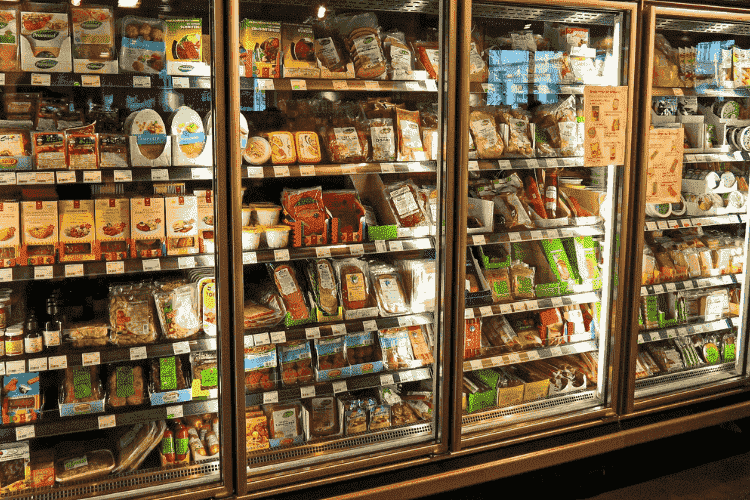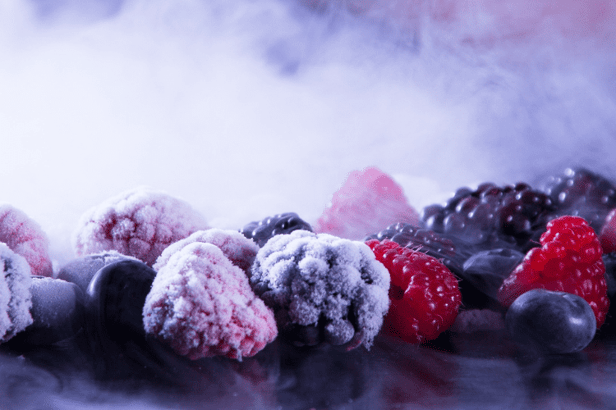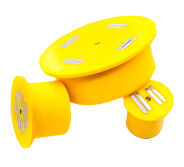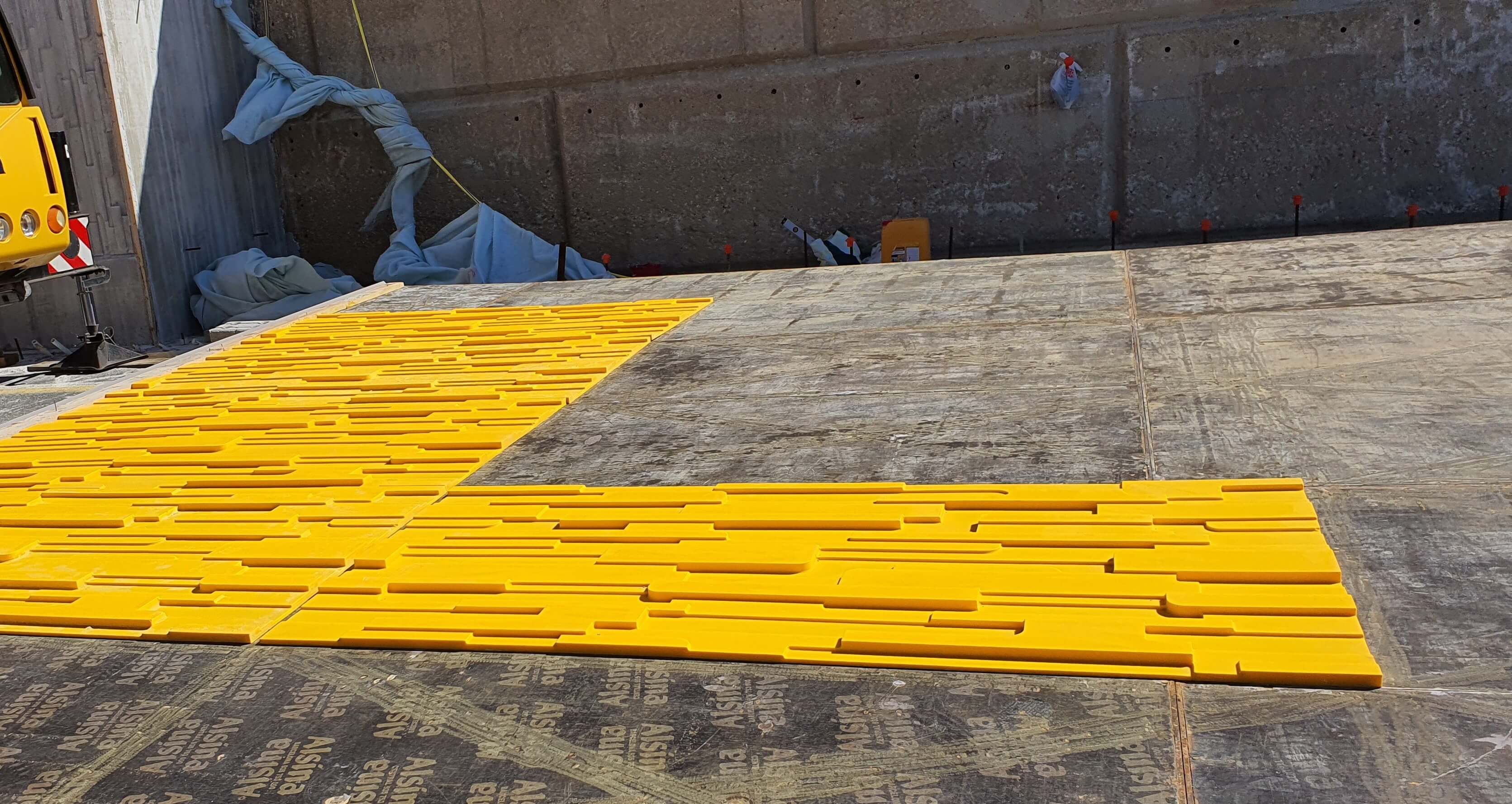Preserving the cold chain is key for the energy efficiency of the food industry, as well as for the correct preservation of food. To achieve both objectives, polyurethane is used as a thermal insulator throughout the entire process: from transport to storage, through the conservation and distribution of the products. In addition, rigid polyurethane foam becomes an ally for sustainability by reducing the energy that refrigerators and freezers need to do their job.

Benefits of polyurethane in food preservation
Polyurethane plays an essential role both in food and beverage processing and in its storage at a controlled temperature. Its application, either indoors or outdoors, serves to achieve effective insulation, which allows maintaining the optimal temperatures for preservation of food products. Therefore, thanks to polyurethane we can enjoy quality and safe food at any time of the year.
Where do we find polyurethane?
Polyurethane is very present in domestic kitchens, especially as a highly efficient insulator in refrigerators and freezers. We also find it as part of window frames, floor coverings, countertops, cabinets, lighting elements and furniture. In addition, the polyurethane foam provides great resistance, strength and stability to the structure of the appliance. This reduces assembly and maintenance time and costs.
In cold rooms, with polyurethane insulation in the form of sheets or sandwich panels with a polyurethane foam core on walls, ceilings and floors, a total air tightness is achieved. Thermal dispersion is also reduced, thus maintaining the cold chain. In addition, it does not generate mold or suffer the effects of microorganisms, it is easy to clean and, in general, it reduces energy consumption. Polyurethane panels thus become essential for food safety and for the sustainability of the sector. But they are not only sustainable by facilitating efficient energy consumption: for example, Synthesia polyisocyanurate (PIR) panels are based on both recycled polyols from PET waste, as well as polyols from renewable sources.

Likewise, polyurethane insulation is also present in food dryers, warehouses and freezing tunnels. In addition, sandwich panels with a polyurethane core are essential in temperature controlled vehicles and tank trucks. With its effective insulating paper, the hygienic and safe transport of food is guaranteed, as well as its traceability.
Safety regulations for refrigeration facilities
CEN/TC 44 - Household refrigerating appliances and commercial refrigerated cabinets regulates the standardisation of refrigeration appliances and systems for the preparation, retail catering and wholesale of food and beverage related products.











